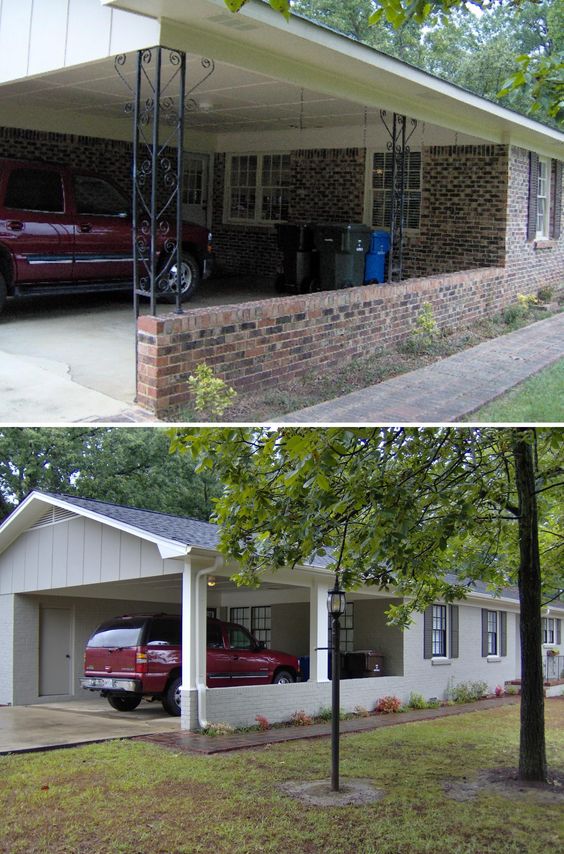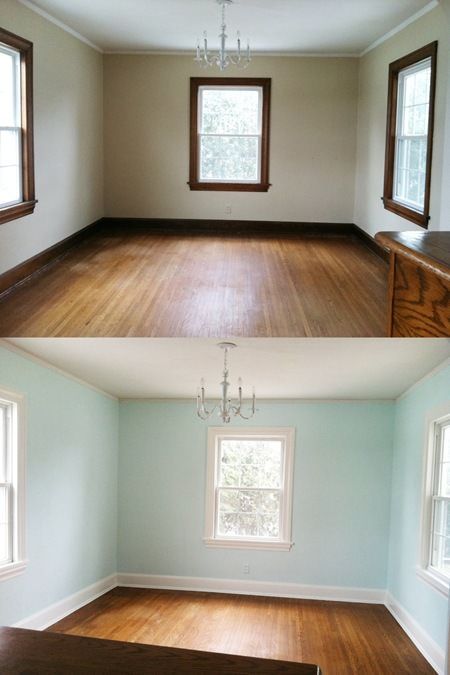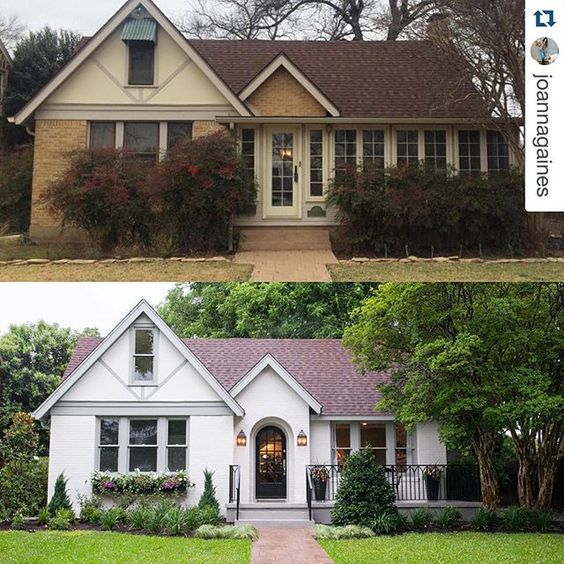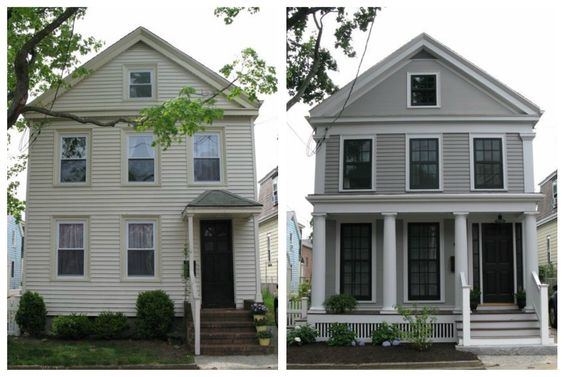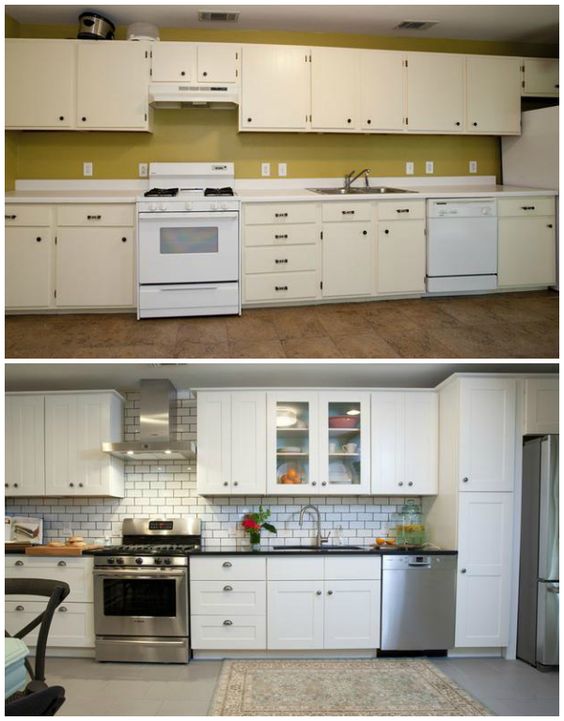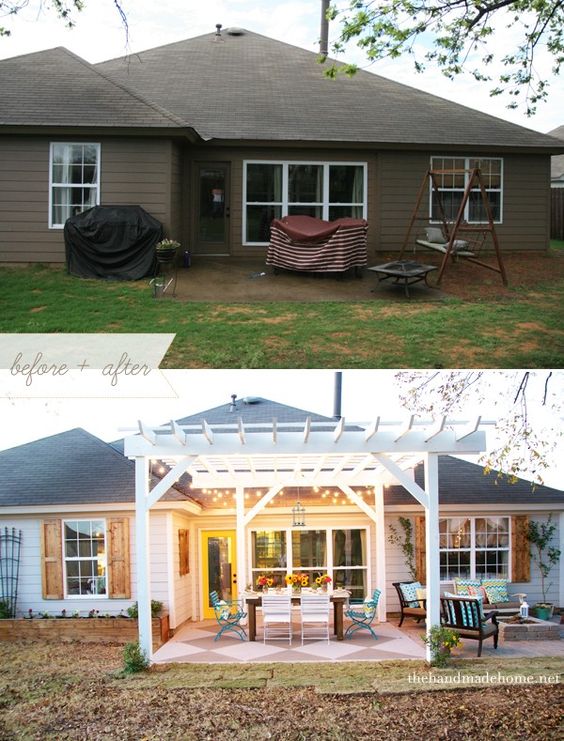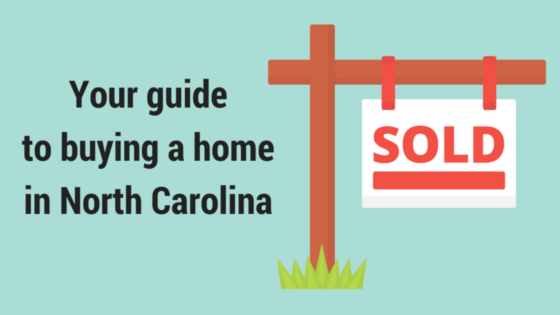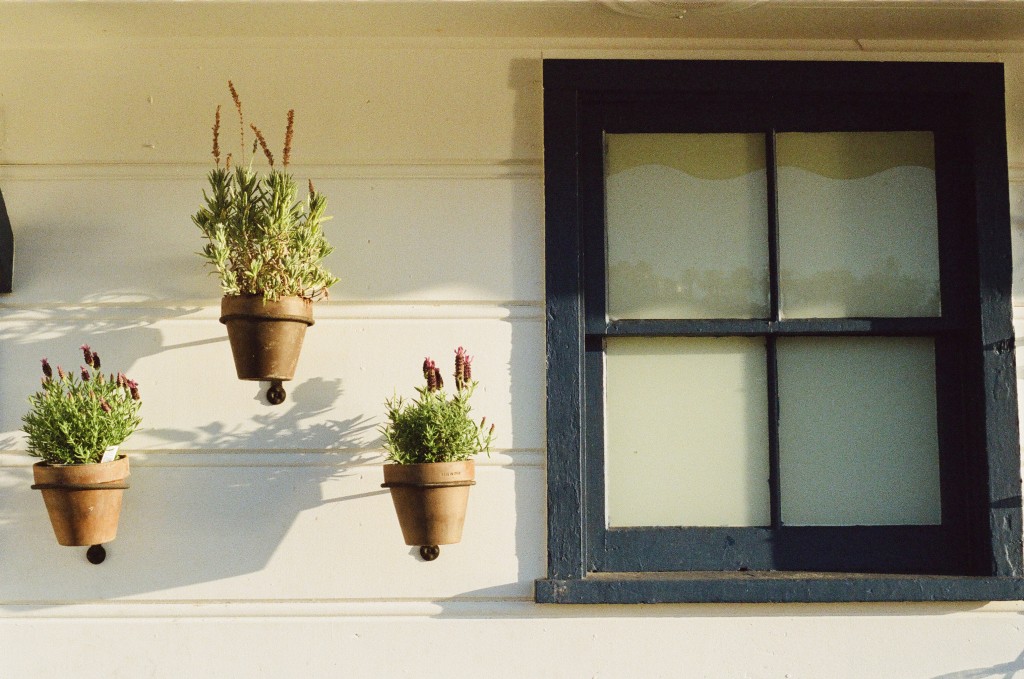These statistics below compiled from our local MLS indicate steady improvement in all locations of our thriving Cape Fear area. If you are thinking of selling this year give us call so we can tailor a plan for your real estate. It is still a great year to purchase an investment property – which remains the best return on your investment dollar by most everyone’s standards. Contact us to learn more about investing in our local real estate. We have successfully helped many clients start and increase their portfolios.
By Sherri Pickard, GRI, SFR, CDPE
2015 President, Wilmington Regional Association of Realtors
WILMINGTON, N.C. (January 16, 2015) – When analyzing eleven major zip codes in our region – 28401, 28403, 28405, 28409, 28411, 28412, 28451, 28480, 28428, 28449, and 28443 – an average of the zip codes shows for the year-end of 2014:
• Our average sales price has increased by 4.6% from year-end 2013.
• Of the 5,000 sellers in 2014 – 34.0% paid some sort of concession toward the purchase of the house.
• Our list to sales price ratio for year-end is 96.20%, a decrease from 96.37% for year-end 2013.
• The average list price of the sold properties is $273,531 and is up 4.8% from year-end 2013.
• The average number of days a property remained on the market for the year was 119 days, compared to 121 days for year-end 2013.
• The median sold price of $217,250 for year-end has increased 8.6% from year-end 2013.
The areas of focus in this analysis were:
• Selling Price – The price the seller accepts for his or her house.
• Sellers Concessions – The amount of money a seller of a house contributes toward the buyers purchase.
• List to Sales Price Ratio – The difference between the list price and the selling price shown as a percentage.
• Days on Market – The number of days a house remains for sale, from the listing date to the date the property is placed under contract.
• List Price – The amount of money a home is listed on the market.
• Median Price – The middle price of all the properties sold in the given time period.
28401
• The average selling price of $132,649 has decreased 2.4% from year-end 2013 average selling price of $135,949.
• 27% of sellers paid a concession in 2014 compared to 24% for year-end 2013.
• The average list price of $142,103 has decreased 1.7% from year-end 2013 average list price of $144,594.
• The average number of days a property remained on the market for 2014 was 140 days compared to 138 days for year-end 2013.
• The median sold price of $110,000 for Year-end has increased 11.1% from year-end 2013.
• Sold homes in 2014 received 93.3% of the asking price, a decrease from 94.02% for year-end 2013.
28403
• The average selling price of $212,842 has increased 4.3% from year-end 2013 average selling price of $204,046.
• 28% of sellers paid a concession in 2014 compared to 25% for year-end 2013.
• The average list price of $224,222 has increased 5.2% from year-end 2013 average list price of $213,052.
• The average number of days a property remained on the market for 2014 was 124 days compared to 116 days for year-end 2013.
• The median sold price of $174,500 for Year-end has increased 1.5% from year-end 2013.
• Sold homes in 2014 received 94.9% of the asking price, a decrease from 95.7% for year-end 2013.
28405
• The average selling price of $300,789 has increased 2.5% from year-end 2013 average selling price of $293,443.
• 30% of sellers in 2014 paid a concession compared to 23% for year-end 2013.
• The average list price of $314,652 for 2014 has increased 2.4% from year-end 2013 average list price of $307,332.
• The average number of days a property remained on the market for 2014 was 120 days compared to 141 days for year-end 2013.
• The median sold price of $195,000 for 2014 has increased 5.4% from year-end 2013.
• Sold homes in 2014 received 95.5% of the asking price, an increase from 95.4% for year-end 2013.
28409
• The average selling price of $308,567 has increased 8.6% from year-end 2013 average selling price of $284,192.
• 39% of sellers in 2014 paid a concession compared to 26% for year-end 2013.
• The average list price of $318,635 for 2014 has increased 8.6% over year-end 2013 average list price of $293,510.
• The average number of days a property remained on the market for 2014 was 116 days compared to 102 days for year-end 2013.
• The median sold price of $265,540 for 2014 has increased 12.0% from year-end 2013.
• Sold homes in 2014 received 96.8% of the asking price, it matched 96.8% from year-end 2013.
28411
• The average selling price of $289,741 has increased 4.0% from year-end 2013 average selling price of $278,466.
• 40% of sellers in 2014 paid a concession compared to 33% in year-end 2013.
• The average list price of $303,654 for 2014 has increased 4.9% over year-end 2013 average list price of $289,562.
• The average number of days a property remained on the market for 2014 was 107 days compared to 111 days for year-end 2013.
• The median sold price of $224,950 for 2014 has increased by 4.7% from year-end 2013.
• Sold homes in 2014 received 95.4% of the asking price, a decrease from 96.1% for year-end 2013.
28412
• The average selling price of $196,712 has increased 2.1% over year-end 2013 average selling price of $192,753.
• 41% of sellers in 2014 paid a concession compared to 28% for year-end 2013.
• The average list price of $200,864 for 2014 has increased 2.1% over year-end 2013 average list price of $196,661.
• The average number of days a property remained on the market for 2014 was 95 days compared to 91 days for year-end 2013. The best of all zip codes.
• The median sold price of $174,000 for 2014 has increased 4.6% from year-end 2013.
• Sold homes in 2014 received 97.9% of the asking price, a decrease from 98.0% for year-end 2013.
28451
• The average selling price of $224,523 has increased 9.1% from year-end 2013 average selling price of $205,798.
• 34% of sellers in 2014 paid a concession compared to 26% for year-end 2013.
• The average list price of $226,889 for 2014 has increased 8.6% over year-end 2013 average list price of $208,981.
• The average number of days a property remained on the market for 2014 was 117 days compared to 114 days for year-end 2013.
• The median sold price of $210,000 for 2014 has increased 16.7% from year-end 2013. The best of all zip codes.
• Sold homes in 2014 received 98.9% of the asking price, an increase from 98.4% for year-end 2013. The best of all zip codes.
28480
• The average selling price of $743,370 has increased 2.2% from year-end 2013 average selling price of $727,210.
• 9% of sellers in 2014 paid a concession compared to 8% in year-end 2013. The best of all zip codes.
• The average list price of $810,215 for 2014 has increased 1.4% over year-end 2013 average list price of $799,085.
• The average number of days a property remained on the market for 2014 was 182 days compared to 254 days for year-end 2013.
• The median sold price of $700,000 for 2014 has increased 8.5% from year-end 2013.
• Sold homes in 2014 received 91.7% of the asking price, an increase from 91.0% for year-end 2013.
28428
• The average selling price of $261,366 has increased .3% from year-end 2013 average selling price of $260,637.
• 20% of sellers in 2014 paid a concession compared to 18% for year-end 2013.
• The average list price of $272,238 for 2014 has increased 2.6% over year-end 2013 average list price of $270,732.
• The average number of days a property remained on the market for 2014 was 145 days compared to 180 days for year-end 2013.
• The median sold price of $233,500 for 2014 has decreased 2.7% from year-end 2013.
• Sold homes in 2014 received 96.0% of the asking price, a decrease from 96.2% for year-end 2013.
28449
• The average selling price of $374,272 has increased 1.8% over year-end 2013 average selling price of $367,716.
• 10% of sellers in 2014 paid a concession compared to 8% for year-end 2013.
• The average list price of $390,656 for 2014 has increased 1.9% over year-end 2013 average list price of $383,544.
• The average number of days a property remained on the market for 2014 was 150 days compared to 175 days for year-end 2013.
• The median sold price of $328,250 for 2014 has increased 9.4% from year-end 2013.
• Sold homes in 2014 received 95.8% of the asking price, it matched 95.8% for year-end 2013.
28443
• The average selling price of $259,299 has increased 10.5% over year-end 2013 average selling price of $234,613. The best of all zip codes.
• 41% of sellers in 2014 paid a concession compared to 38% for year-end 2013.
• The average list price of $267,989 for 2014 has increased 11.5% over year-end 2013 average list price of $240,303. The best of all zip codes.
• The average number of days a property remained on the market for 2014 was 132 days compared to 120 days for year-end 2013.
• The median sold price of $240,000 for 2014 has increased 6.7% from year-end 2013.
• Sold homes in 2014 received 96.7% of the asking price, a decrease from 97.6% for year-end 2013.
Ten out of eleven zip codes reported an increase in the average sales price. Eight out of eleven zip codes have the List to Sales price ratio above 95%. Sellers are getting closer to their asking price, which is a good sign that real estate is continuing to improve.
http://www.wrar.com/87-consumers-site-category/buyers-and-sellers-category/487-2014-year-end-local-real-estate-zip-code-report-01-16-15.html#.VMJgWWdAaek.email

